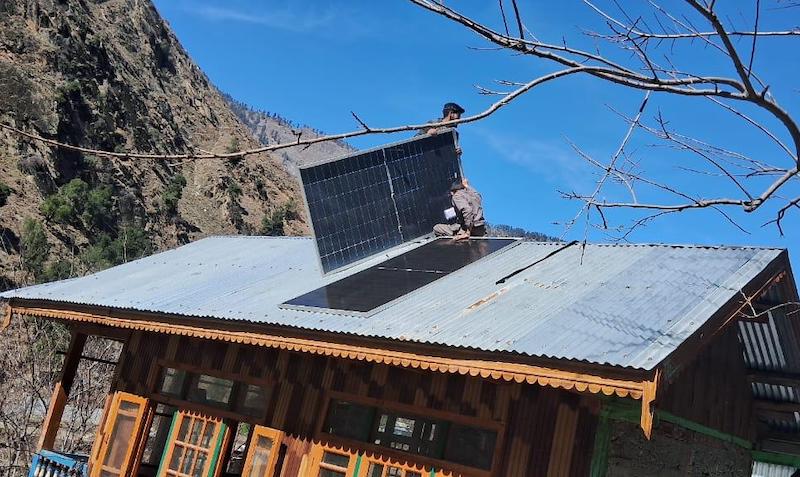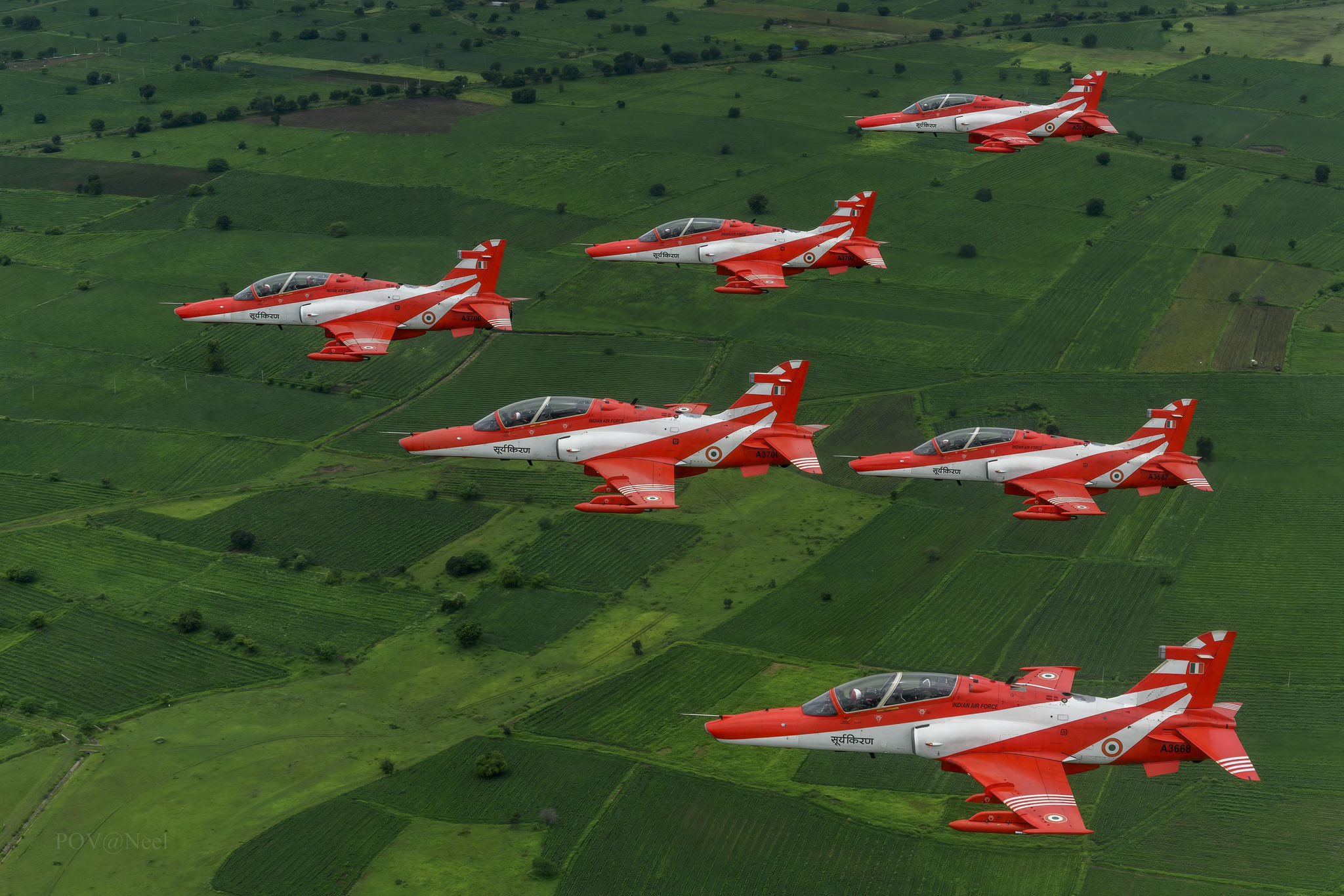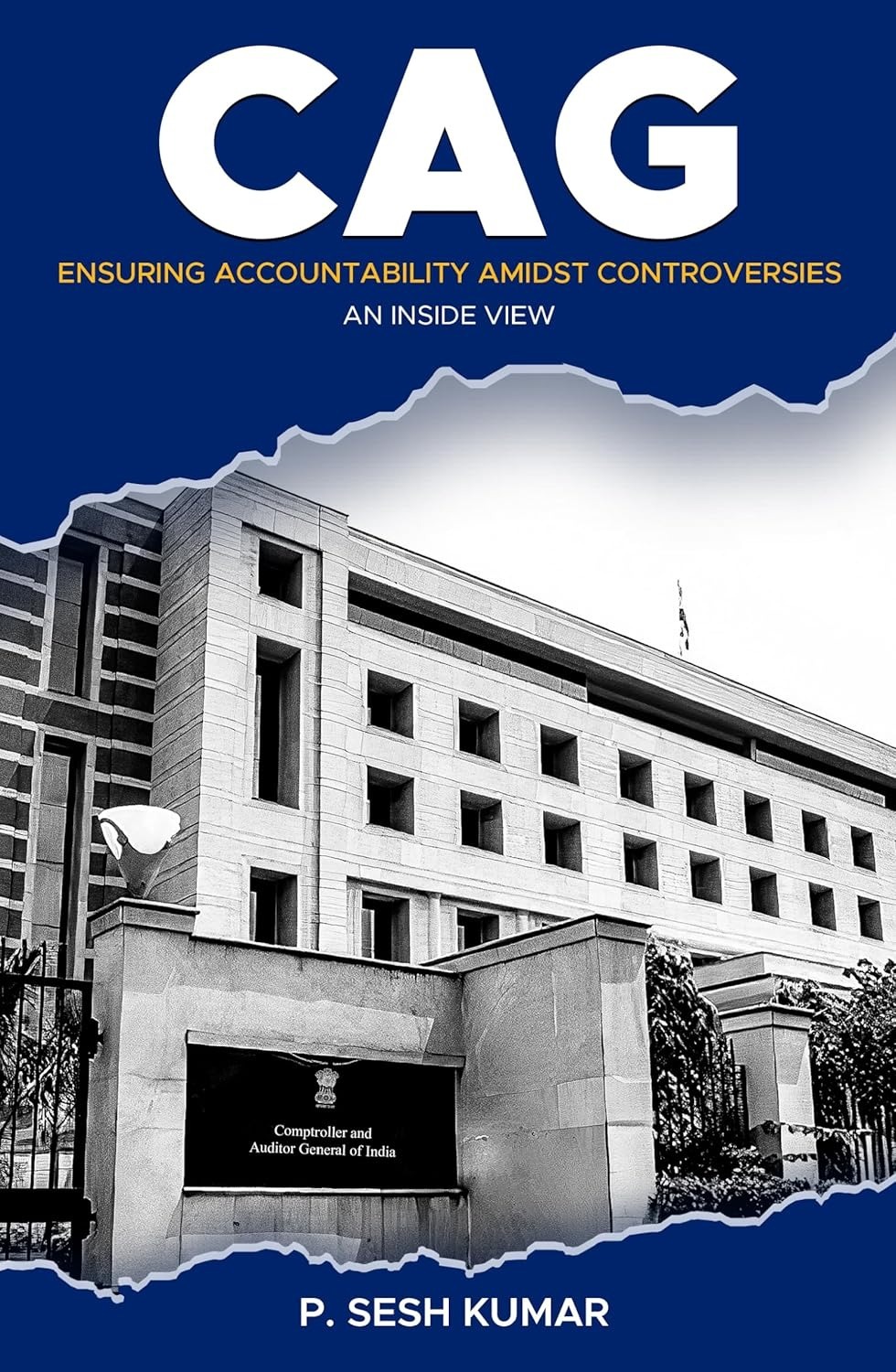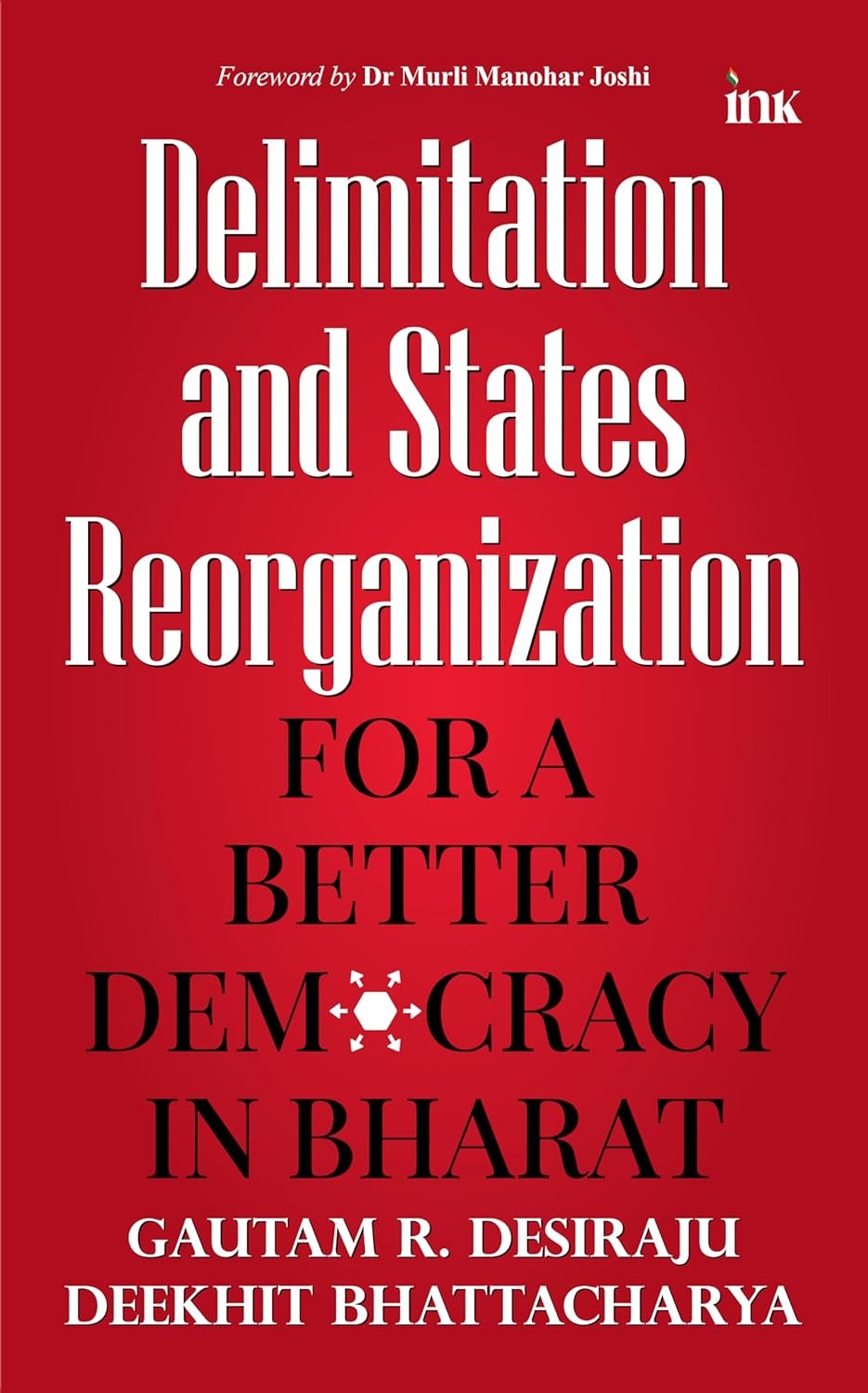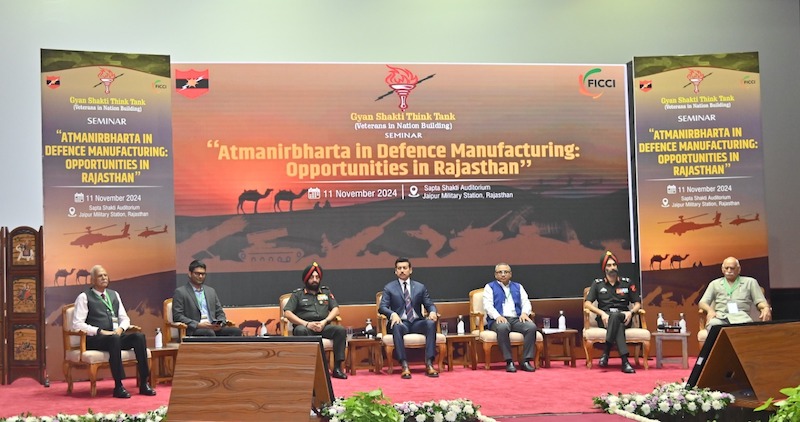
[This is an excerpt from Iqbal Chand Malhotra’s book “The Nukes, The Jihad, The Hawala, and Crystal Meth: A Tale of Treachery, published by Ink.]
As Trump’s presidency wound down, numerous reports emerged from the Pentagon, the Afghanistan Study Group (ASG) and the Office of the Director of National Intelligence (Odni). These reports, released between the end of Trump's presidency and the beginning of Biden’s, provided independent assessments of the Afghan security forces' ability to withstand and repel Directorate S-sponsored, launched and directed Taliban attacks on what increasingly appeared to be the ancien régime in Kabul.
The ASG, established by the US Congress in 2019, argued in its February 2021 report that the Taliban could be held off by a small US and Nato presence. However, in April 2021, the office of the Odni cautioned that the Afghan government “will struggle to hold the Taliban at bay if the coalition withdraws support”. An assessment published by the Combating Terrorism Centre at West Point concluded that the Taliban would have a marginal military advantage over the Afghan military if the US withdrew, with this advantage likely to compound over time.
Fresh from his victory, Joe Biden was perceived as a new president who would retain a residual presence in Afghanistan despite the confusion during the final stages of the Trump presidency. Consequently, the first quarter of 2021 saw the new Biden administration spreading the canard that “America is back”. The reality was very different: the US was, in fact, leaving Afghanistan to the ISI and its proxy, the Taliban.
Bajwa and Hameed must have been somewhat relieved when they saw Antony Blinken’s appearance during his US Senate confirmation as the next secretary of state, the day before Biden's inauguration. Blinken testified that Biden wanted to bring troops home from Afghanistan but indicated that some should stay to combat al-Qaida. That never happened. Blinken, NSA designate Jake Sullivan and other designated Biden administration officials had sent Biden a memo during the transition, advising that the negotiations concluded in Doha with the Khalilzad–Baradar deal were unlikely to be adhered to by the Taliban because of the “elephant in the room”. Was the elephant still the ISI? Biden, however, remained unconvinced and increasingly focused on an elusive third-rate peace deal.
In January 2021, Nato had 10,000 troops stationed across three dozen deployments in Afghanistan. They struggled to align themselves with President Biden's approach, finding it difficult to accept. On January 27, General Sir Nick Carter, chief of UK defence staff, warned Nato’s defence chiefs that a full allied withdrawal from Afghanistan would be seen as a strategic victory for the Taliban.
On February 14, 2021, the Nato secretary general, Jens Stoltenberg, cautioned that before Nato could leave Afghanistan, the Taliban had to reduce violence and demonstratively cut ties with terrorist organizations. Directorate S never allowed the Taliban to meet these conditions. Stoltenberg spoke to reporters in Brussels ahead of a meeting of Nato defence ministers, where the future of Nato's presence in Afghanistan was to be discussed. Nato wanted the US to leverage its troop presence with the Taliban. A complete pull-out only made sense if the Taliban took steps in good faith toward a political settlement.
After the Nato meeting, the secretary of state, Blinken, advised Biden to delay any US troop withdrawal announcement until after an upcoming summit with Taliban leaders in Turkey. Did Khalilzad express any thoughts on this summit’s relevance that might have been heard by Bajwa's keen hearing?
The ISI never allowed the Taliban to attend, so Biden soon declared that the United States was leaving. Despite these concerns, Biden’s first move was to keep Khalilzad in charge of the withdrawal negotiations. This decision only made sense because Biden had essentially made up his mind to leave the country.
As Biden made his withdrawal decision, the tight alliance between the Taliban and al-Qaida remained unshakable, with no alarm triggered by Khalilzad despite it violating the Khalilzad–Baradar agreement. In early January 2021, the US treasury department revealed that al-Qaida was growing stronger each day, continuing to coordinate operations with the Taliban under their protection.
Al-Qaida also provided the Taliban with advice, guidance and financial support. The treasury report indicated that senior figures from the Haqqani network had discussed forming a new joint unit of armed fighters in cooperation with, and funded by, al-Qaida. A Taliban spokesman responded by dismissing the assessment as “warmongering” and “propaganda”.

